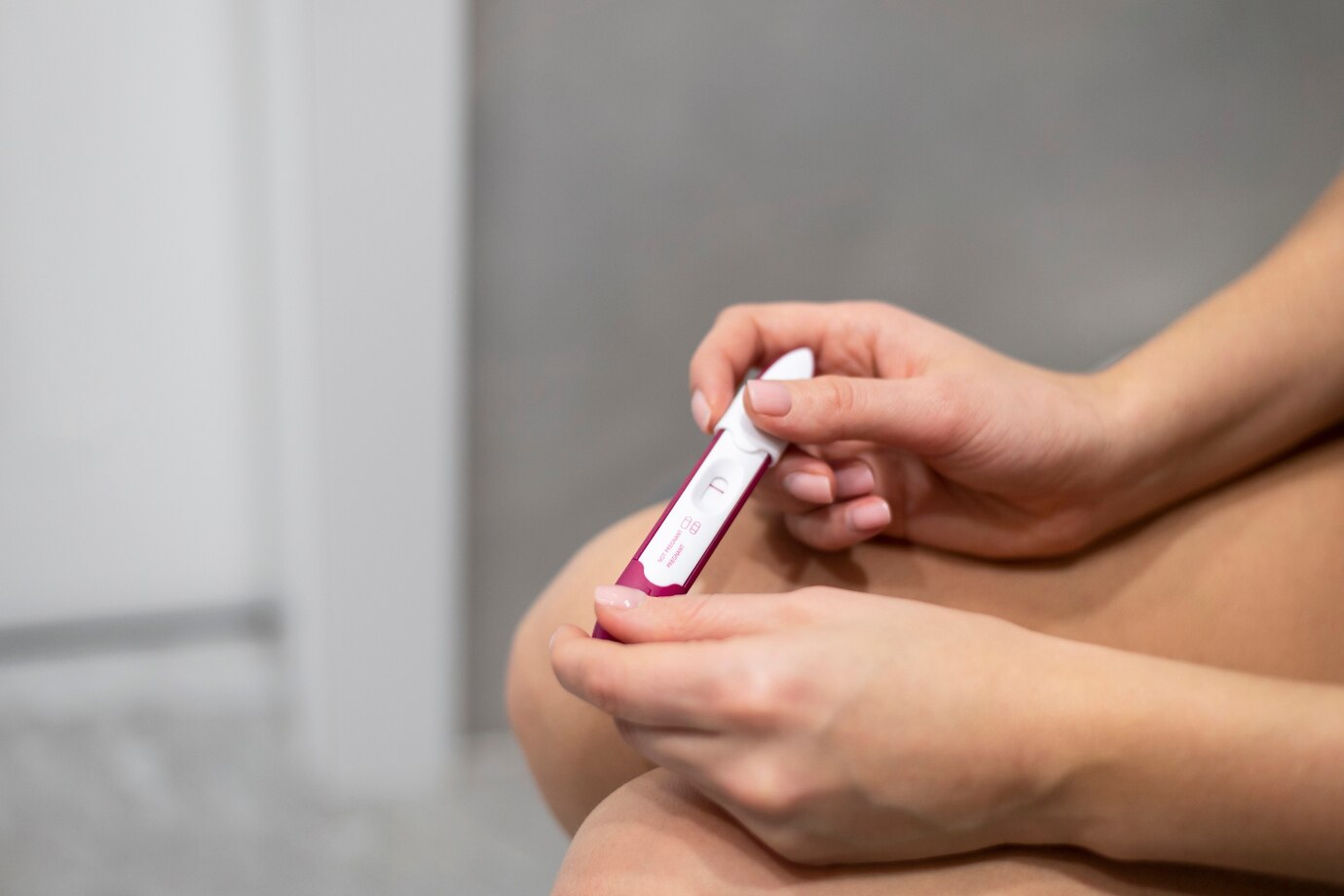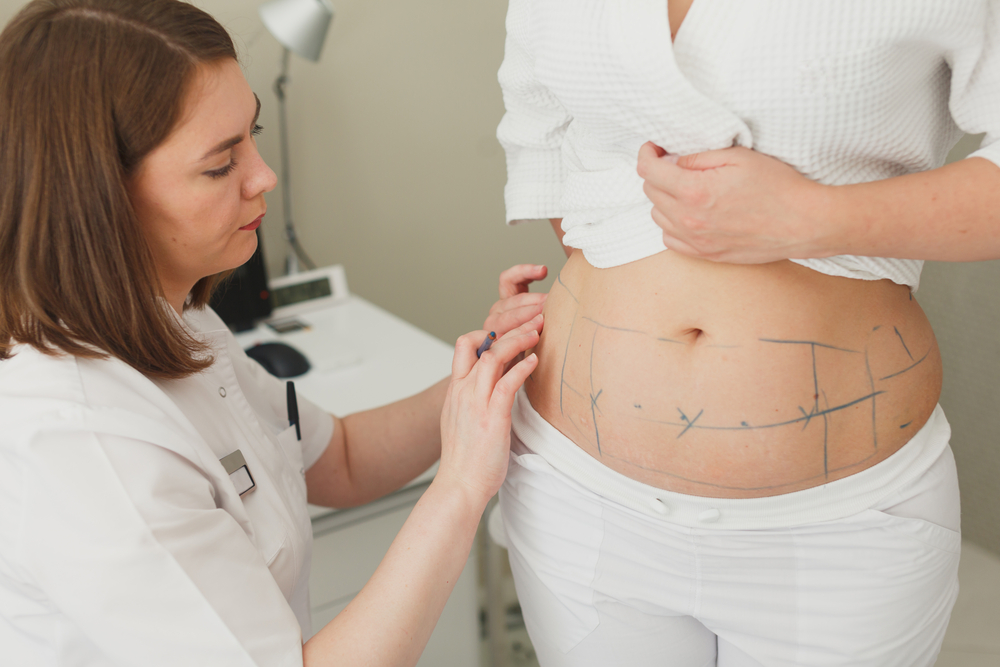In recent years, egg freezing has gained popularity as a viable option for women who wish to preserve their fertility for the future. Whether for medical reasons, personal planning, or career considerations, freezing eggs allows women to have control over when they decide to start a family. This process, while scientifically intricate, is straightforward with the right knowledge and medical support. This comprehensive guide will explore everything you need to know about freezing eggs, the benefits, the process, the role of ovarian stimulation, and other essential considerations to help you make an informed decision.
What is Egg Freezing?
Egg freezing, also known as oocyte cryopreservation, is a process where a woman’s eggs are extracted, frozen, and stored for future use. The process was initially developed to assist women undergoing medical treatments, like chemotherapy, that could impact fertility. Today, however, it’s a popular choice for women who want to preserve their reproductive potential for various reasons. When the woman is ready to conceive, the eggs can be thawed, fertilized, and implanted through in vitro fertilization (IVF).
Reasons for Freezing Eggs
Fertility Preservation for Career Planning
With more women focusing on career advancement, freezing eggs offers the freedom to postpone childbearing until they’re ready. This helps reduce the pressure of balancing biological clocks with career aspirations.
Medical Reasons
Women with certain medical conditions or undergoing treatments like chemotherapy for cancer may freeze their eggs to preserve fertility, as these treatments can affect ovarian function and fertility.
Delaying Parenthood for Personal Reasons
Freezing eggs allows women who haven’t yet found the right partner or who are not ready to start a family for personal reasons to maintain control over their reproductive choices.
Genetic Conditions
Some genetic conditions may impact fertility as women age. Freezing eggs, while they’re still healthy, can help women avoid complications later and ensure a greater chance of a successful pregnancy.
The Egg Freezing Process: Step-by-Step
The egg-freezing process is relatively simple but involves several steps and some preparation. Here’s what you can expect:
Initial Consultation and Assessment
Your journey begins with an initial consultation, where you’ll discuss your health history, lifestyle, and fertility goals with a fertility specialist. Tests are then conducted to assess ovarian reserve and reproductive health, including hormone blood tests and an ultrasound to evaluate the ovaries.
Ovarian Stimulation
Ovarian stimulation is a crucial step in egg freezing. Typically, a woman’s body releases only one egg per cycle. With ovarian stimulation, hormone medications are used to stimulate the ovaries to produce multiple eggs within one cycle. This increases the chances of retrieving multiple healthy eggs for freezing.
Monitoring and Adjusting Medications
During the stimulation period, which lasts about 10–14 days, regular ultrasound scans and blood tests are conducted to monitor the ovaries’ response to medication. Based on the results, medication doses may be adjusted to ensure optimal egg development.
Egg Retrieval
Once the eggs have matured, an injection (often called a “trigger shot”) is administered to prepare the eggs for retrieval. The egg retrieval procedure is minimally invasive, done under light sedation, and takes around 15–20 minutes. Using an ultrasound-guided needle, the fertility specialist retrieves the eggs directly from the ovaries.
Freezing the Eggs
Immediately after retrieval, the eggs are assessed for quality, and the healthiest ones are selected for freezing. The eggs are then frozen using a technique called vitrification, a fast-freezing process that prevents ice crystals from forming, thus preserving the eggs’ cellular structure.
Understanding Ovarian Stimulation
What is Ovarian Stimulation?
Ovarian stimulation is an essential part of the egg-freezing process. By stimulating the ovaries with hormones, multiple eggs are matured simultaneously in one cycle, increasing the number of viable eggs for retrieval. This process is carefully monitored through ultrasound and hormone blood tests.
How Ovarian Stimulation Works
- Hormone Injections: During ovarian stimulation, hormones such as follicle-stimulating hormone (FSH) and luteinizing hormone (LH) are injected daily to stimulate the growth of multiple eggs.
- Monitoring Progress: The ovaries are closely monitored for the size and development of follicles (fluid-filled sacs that contain the eggs).
- Trigger Shot: Once the eggs reach maturity, an injection of human chorionic gonadotropin (hCG) or other medications is given to trigger final maturation.
Why Ovarian Stimulation is Important
Ovarian stimulation is key to optimizing egg retrieval, as having multiple eggs increases the likelihood of having quality eggs for freezing. The quality and quantity of eggs are crucial for future fertility success rates, as not all eggs survive the thawing, fertilization, or implantation processes.
Factors to Consider Before Freezing Your Eggs
Age and Egg Quality
Egg quality declines with age, affecting fertility and the potential for a successful pregnancy. Freezing eggs at a younger age, typically before 35, is recommended, as younger eggs are healthier and more likely to result in successful fertilization later.
Cost of the Procedure
Egg freezing can be costly, and it’s essential to consider the full range of expenses involved, including consultations, ovarian stimulation, egg retrieval, and storage. Additionally, if you choose to use your eggs later, costs for IVF and related treatments should also be taken into account.
Storage Duration
Eggs can be stored indefinitely in most cases, with successful pregnancies reported even after 10 or more years of freezing. However, long-term storage can incur additional costs, so it’s essential to factor in these expenses as part of the egg-freezing journey.
Success Rates and Limitations
While egg freezing is a powerful tool for fertility preservation, it doesn’t guarantee a successful pregnancy. Factors such as egg quality, age at the time of freezing, and IVF success rates all play a role in future fertility outcomes. However, with proper care and planning, egg freezing can significantly increase the chances of a successful pregnancy later.
Benefits of Freezing Eggs
Greater Control Over Family Planning
Egg freezing gives women greater control over their reproductive timelines, allowing them to pursue personal and professional goals without compromising the opportunity to start a family.
High Success Rates with Advanced Techniques
With the advancement of vitrification and other cryopreservation technologies, the chances of eggs surviving the freezing and thawing process have significantly improved, increasing the likelihood of a successful pregnancy later on.
Reducing Stress Related to Age and Fertility
Knowing that healthy eggs are preserved for the future can relieve some of the pressures associated with age and fertility, providing peace of mind and enabling women to make choices without the constraint of a ticking biological clock.
Potential Risks and Considerations
Side Effects from Medications
Some women may experience side effects from the medications used in ovarian stimulation, such as mood swings, headaches, and bloating. While these side effects are typically mild, discussing any concerns with your doctor is important.
Ovarian Hyperstimulation Syndrome (OHSS)
In rare cases, ovarian stimulation can lead to ovarian hyperstimulation syndrome, a condition where the ovaries become swollen and painful. OHSS is generally mild and treatable, but in severe cases, it may require medical attention.
Emotional Impact
The egg-freezing process can be emotionally taxing, especially if it involves multiple rounds of ovarian stimulation. Support from family, friends, or fertility counseling services can help manage the emotional challenges that may arise.
What to Expect After Freezing Eggs
Egg Storage and Management
Once frozen, your eggs are stored in a cryogenic facility, where they remain until you’re ready to use them. You’ll need to keep in mind the storage fees associated with egg freezing.
Future Fertility Options
When you’re ready to conceive, the frozen eggs are thawed, fertilized, and implanted through IVF. The process is similar to traditional IVF, with the only difference being that the eggs were frozen beforehand.
Success Rates of Using Frozen Eggs
Success rates depend on factors like the age at the time of freezing, egg quality, and overall reproductive health. The quality of the freezing technique also plays a significant role in the outcome, as vitrification has been shown to offer high survival rates for thawed eggs.
Emotional and Psychological Aspects of Freezing Eggs
Managing Expectations
Freezing eggs provides an opportunity for future fertility but doesn’t guarantee a pregnancy. It’s crucial to have realistic expectations and understand that while egg freezing is empowering, there are variables that affect the outcome.
Finding Support and Counseling
The process of egg freezing can be physically and emotionally demanding. Seeking support from fertility counseling services or speaking with friends or family members can provide the reassurance and comfort you may need during this journey.
Conclusion
Freezing eggs is an empowering option for women looking to take charge of their fertility and preserve their chances of having a family in the future. With advancements in ovarian stimulation and cryopreservation technologies, egg freezing offers a viable pathway for women to balance career, health, and personal life goals. Understanding the egg-freezing process, considering the costs and potential risks, and seeking expert guidance can help you make an informed decision about your reproductive health.




